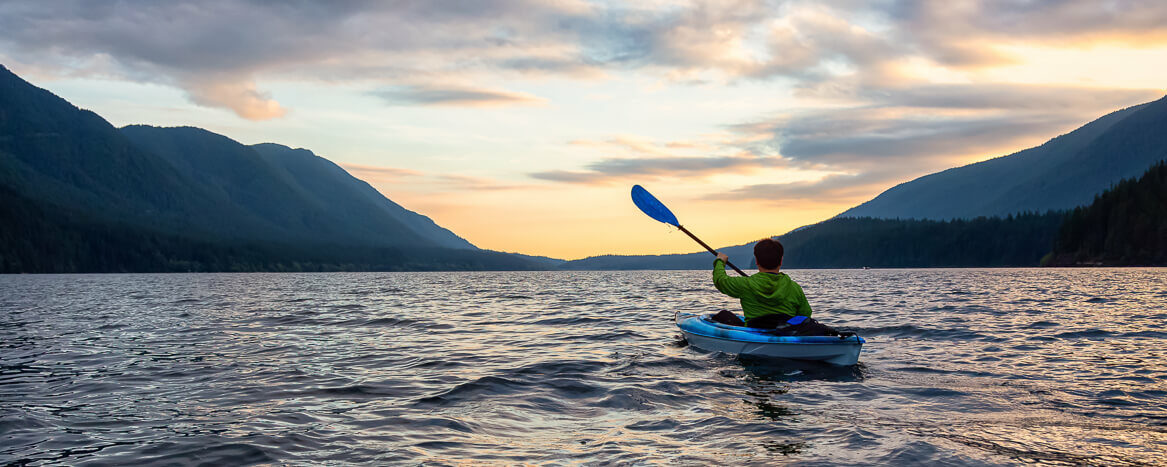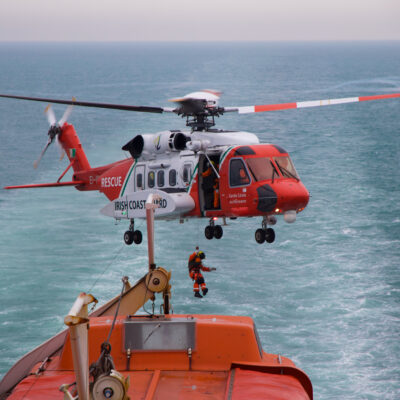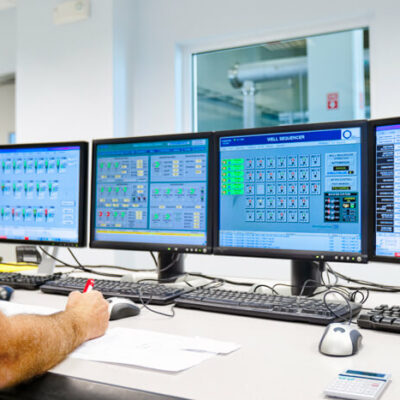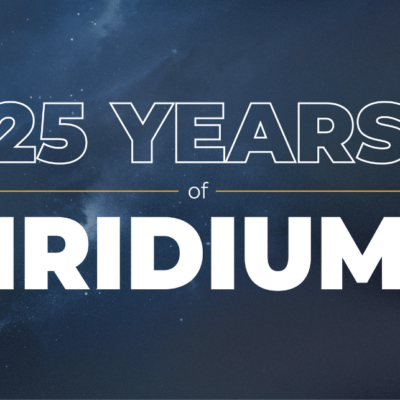This is a beginner’s article, for someone who has never held a satellite phone before. We try to explain the basics here, in case you want to buy a satellite phone.
Fact 1: Three major network providers
There are three major, serious networks: Iridium, Thuraya and Inmarsat. However, you must not think of this as in mobile telephony and compare it with Vodafone, Telekom and O2. In the case of telephony via satellite, it is the case that these three network providers provide both the network and the hardware. So, for example, you have an Iridium SIM card and an Iridium phone. The same Iridium SIM card in a Thuraya phone is just a worthless piece of plastic.
Fact 2: Hardware choice is limited
The fact described above that the network operator is also the hardware manufacturer also means that there is a manageable hardware choice:
Iridium has two phones, the Iridium Extreme 9575 and the Iridium 9555, and a special case is the Iridium GO! which also lets you make calls when you pair your smartphone with it. So depending on the application and how you look at it, you could also talk about three portable Iridium phones.
Thuraya has the largest hardware selection for handsets: Here there is the Thuraya XT-Lite, the Thuraya XT-Pro and the Thuraya X5-Touch as well as, as a special case, the Thuraya Satsleeve, which is also paired with a smartphone.
At Inmarsat, there is currently only one device, the Inmarsat IsatPhone 2.1.
Remember, we are talking about portable devices for telephony via satellite. For larger and, if necessary, permanently installed devices and (ship) systems, there is a larger selection. Third-party manufacturers for Iridium, Thuraya and Inmarsat are also active here.
Satellite Phones
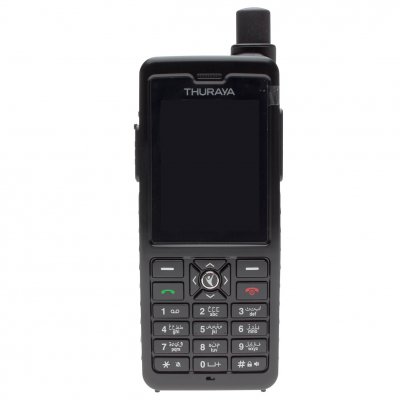
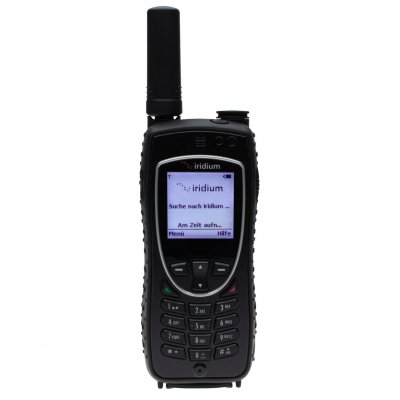
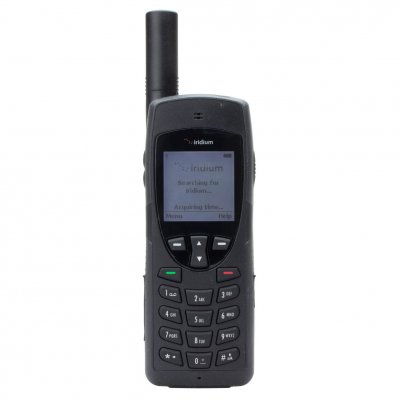
Fact 3: Line of sight to the satellite
When telephoning via satellite, you need a clear line of sight to the satellite. Even a tree in the wrong place can interfere with communication. So forget everything you’ve seen about satellite phones in action films, where people like to make calls in underground garages and with the antenna folded in — that doesn’t work.
Even if the phone is switched on in your backpack or pocket, it probably won’t ring. This also means that with a satellite phone you call often and get called less — your counterpart simply does not know when you are ready to receive. With a satellite phone, standby time is therefore not a decisive factor either.
Fact 4: Network coverage
In Central Europe, the networks of Iridium, Thuraya and Inmarsat work largely the same. If you need emergency communication in the event of a blackout or similar, you should make your network choice dependent on which network your call partners have. Nothing is more expensive than calling from one satellite network to another.
If you want to use your new satellite phone worldwide, Thuraya is not the right choice for you. With Thuraya, you definitely won’t have reception in North and South America, you simply don’t have the appropriate satellite.
Inmarsat’s coverage currently extends between the polar circles.
The Iridium satellites orbit the earth. To date, Iridium is the only satellite network that also provides coverage at both polar regions.
Here you can find details on network coverage for each country.
Fact 5: Cost
All three providers — Iridium, Thuraya and Inmarsat — offer prepaid rates and contract cards.
The cheapest way to keep a satellite phone active is Thuraya Prepaid. Here you load up credit that is available for communication. Each year, Thuraya deducts 39 units of service fee from this credit.
When it has to keep an Iridium phone operational, the contract card is the cheaper option compared to Iridium Prepaid.
For all emergency communications equipment, we recommend contract cards only. Prepaid solutions must be manually topped up when needed (emergency). Even with a small-scale disaster like the one in the Ahr Valley in July 2021, we had a lot of calls to reactivate and recharge cards as quickly as possible. If a disaster occurs where we are also unavailable, that is not a solution. Also, if a more large-scale disaster happened, we would not be able to serve you sufficiently quickly, also due to the volume of requests.
